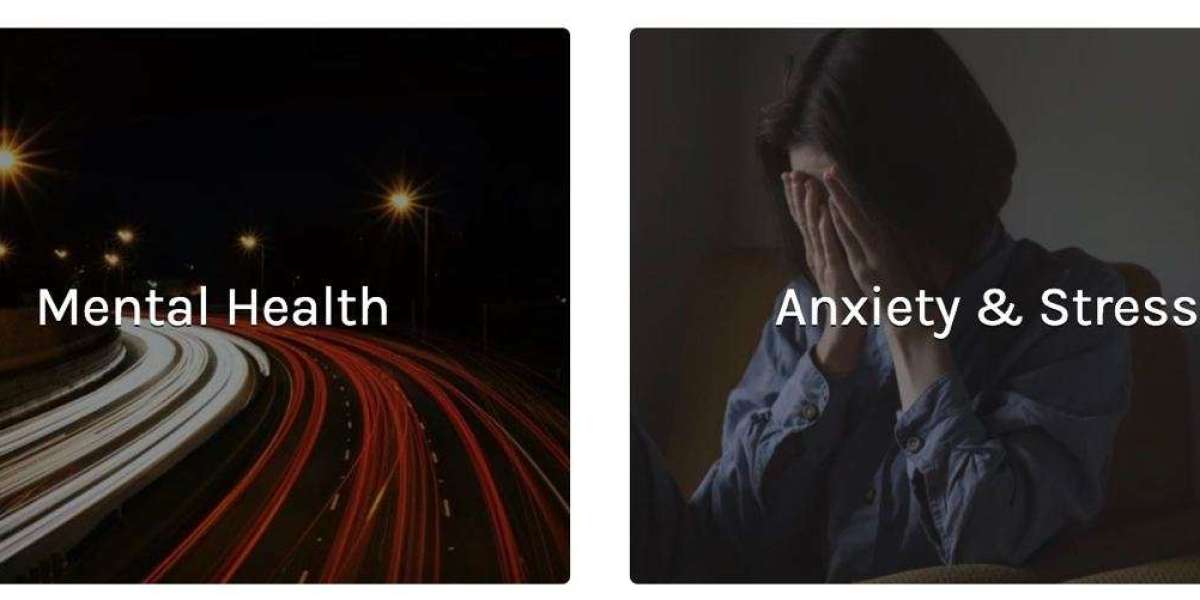Life isn’t always smooth. Everyone faces moments that test their patience, resilience, or peace of mind. Sometimes, these struggles don’t just go away on their own. When everyday challenges pile up or feelings become overwhelming, talking to someone trained to listen and help can make a real difference. This guide explains when and why reaching out to a professional counsellor or psychologist might be exactly what you need.
Recognizing When You Might Need More Than Just Advice
We all have friends or family we turn to when things get tough. But there are times when the support of loved ones isn’t enough. You might notice that worries are harder to shake off, or the same problems keep repeating no matter what you try. Perhaps stress is affecting your sleep, work, or relationships. These aren’t just minor blips; they can be signs that your mind needs more focused attention.
Many people hesitate to seek help because they think their problems aren’t serious enough. But professional support isn’t reserved only for crisis situations. Sometimes it’s about understanding your emotions better, breaking harmful patterns, or simply having a safe place to express thoughts you can’t share elsewhere. It’s perfectly okay—and often wise—to reach out before things get worse.
What Professional Support Actually Looks Like
When you hear words like “counsellor,” “psychologist,” or “therapist,” it’s common to wonder what exactly they do. These professionals aren’t just there to give advice or tell you what to do. Their role is to listen deeply, ask thoughtful questions, and help you explore what’s happening inside your mind.
Counsellors and psychologists use different approaches, but the goal is the same: helping you understand yourself better and find healthier ways to cope. For some, this might mean learning strategies to manage anxiety. For others, it’s about working through grief or resolving conflicts in relationships. Social workers and psychotherapists also provide valuable support, especially when problems are linked to bigger life situations like family dynamics or trauma.
If you’re struggling with feelings of loneliness, sadness, or confusion, professionals offer more than just talk—they offer a place where judgment is left at the door and your experiences are truly heard.
Signs It’s Time to Reach Out
Knowing when to seek professional help isn’t always obvious. It’s not just about major events like loss or trauma. Some signs can be subtle but important to notice:
- You feel stuck in the same negative thought patterns or behaviors.
- Small tasks or decisions feel overwhelming.
- Your mood shifts frequently or feels flat most of the time.
- Relationships suffer because of ongoing misunderstandings or lack of communication.
- You notice physical symptoms like headaches or digestive issues without a clear cause.
- You avoid social situations or activities you once enjoyed.
- Coping mechanisms like alcohol, food, or screen time start to feel like the only relief.
If any of these sound familiar, it doesn’t mean something is “wrong” with you. It means your mind is signaling for extra care. Professional help can offer clarity and tools to regain control.
How to Find the Right Professional for You
Searching for a counsellor or psychologist might feel daunting at first. It’s important to remember there’s no one-size-fits-all solution here. The right match depends on your needs, comfort level, and the kind of support you’re looking for.
Start by checking credentials and specializations. Many professionals focus on specific areas like anxiety, depression, relationship issues, or trauma. It’s okay to ask about their experience with your particular concerns.
Personal comfort is key. The best therapy happens when you feel safe to be yourself without fear of judgment. If the first person you meet doesn’t feel like a good fit, it’s perfectly fine to try someone else.
For those unsure where to begin, a simple online search for Australia Counselling Near me can help you find local, qualified professionals. Many platforms also offer initial consultations or free phone calls to answer your questions and ease the decision-making process.
What to Expect in Your First Sessions
Walking into your first session might stir up nervousness or uncertainty. That’s natural. The beginning is often about sharing what brought you here and what you hope to achieve. The professional might ask questions to understand your background, current challenges, and any previous experiences with therapy.
Therapy is not about being told what to do or fixing everything immediately. It’s a partnership where you explore thoughts, feelings, and behaviors together. The pace is set by you. Sometimes sessions involve practical exercises or homework; other times, it’s just about talking.
It’s also normal to feel unsure if therapy is “working” right away. Building trust and understanding takes time, so patience with yourself and the process is essential.
Taking the Step Toward Better Mental Health
Choosing to talk to a professional is one of the most proactive things you can do for your mental health. It shows you’re ready to face challenges with support rather than alone. Life doesn’t come with a manual, and sometimes, we all need someone trained to guide us through.
No matter how big or small the issue, professional counselling can help you find clearer thinking, better emotional balance, and renewed hope. If something feels off or harder than usual, don’t wait. Reach out, find a trusted professional, and take that important step toward feeling better.








